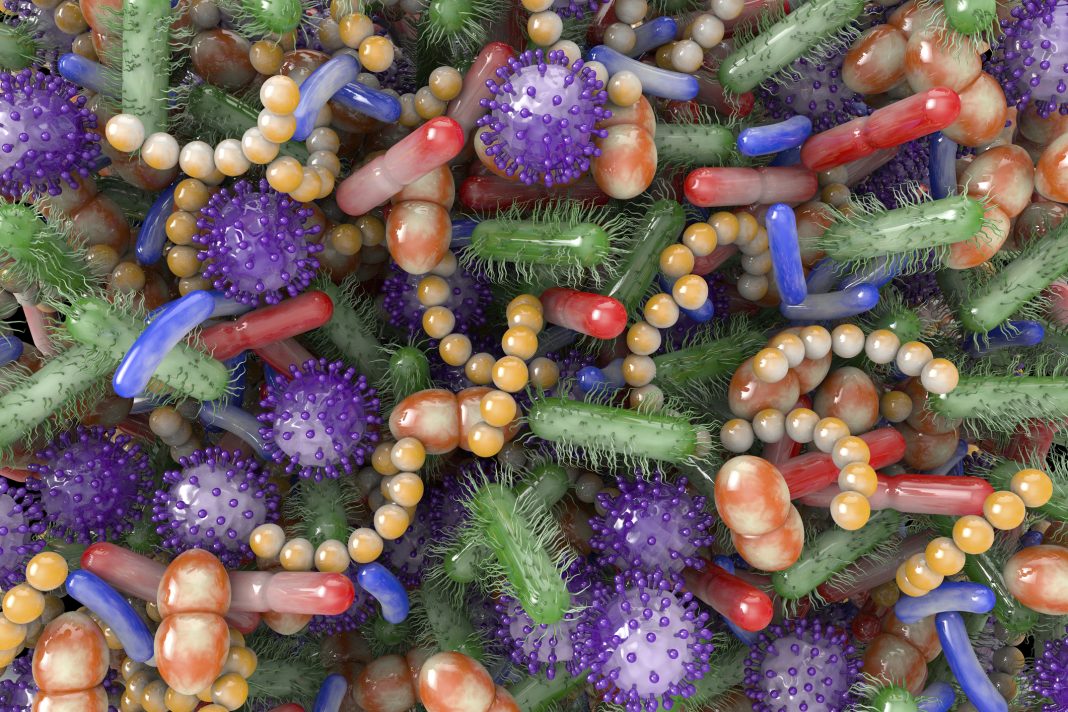Not long ago, a youthened gut microbiome was shown to improve the healthspan and lifespan of aged mice. This finding prompted speculation that a youthened gut microbiome could have other benefits. For example, could a youthened gut microbiome somehow, via the gut-brain axis, improve cognitive function?
This question was taken up by scientists from the University of East Anglia (UEA), the University of Florence, and the Quadram Institute. Actually, the scientists approached the question the other way around. Rather than “youthen” the microbiomes of old mice, they “aged” the microbiomes of young mice. They did so by using the technique called fecal microbiota transplantation (FMT), and then they subjected the young mice to metabolome and proteome profiling as well as a battery of cognitive and behavioral tests.
The scientists found FMT led to significant differences in the young mice’s microbial profiles. While the young adults showed no significant changes in markers of anxiety, explorative behavior, or locomotor activity, they did show impaired spatial learning and memory as measured in a maze test.
These changes were paralleled by alterations in the expression of proteins associated with synaptic plasticity and neurotransmission, and changes to cells in the hippocampus part of their brains responsible for learning and memory.
Detailed findings appeared recently in the journal Microbiome, in an article titled, “Fecal microbiota transplant from aged donor mice affects spatial learning and memory via modulating hippocampal synaptic plasticity- and neurotransmission-related proteins in young recipients.” The article’s authors argued that their findings “highlight the paramount importance of the gut-brain axis in aging and provide a strong rationale to devise therapies aiming to restore a young-like microbiota to improve cognitive functions and the declining quality of life in the elderly.”
“Research has shown that the aging process may be linked with age-related changes in our gut microbiota,” said David Vauzour, PhD, one of the papers corresponding authors and a researcher at UEA’s Norwich Medical School. “Recently, the existence of two-way communication between the gut and the brain—known as the ‘gut-brain axis’—has emerged as an important player in shaping aspects of behavior and cognitive function. We wanted to see whether transferring gut microbes from older to younger mice could affect parts of the central nervous system associated with aging.”
Proteomic profiling revealed changes in the expression of proteins such as D-dopachrome decarboxylase (D-DT), neuronal membrane glycoprotein M6-a (Gmp6A) and M6-b, and Ras/Rap GTPase-activating protein SynGAP, was of significance. “Alterations in the expression of these proteins in the CNS,” the article’s authors noted, “have been implicated in important CNS functions and disturbances, ranging from filopodium formation, synaptogenesis, learning disability, behavioral anomalies, and neuronal plasticity to neurodegenerative disorders.”
“Fecal transplantation,” Vauzour emphasized, “had an impact on the expression of proteins involved in key functions of the hippocampus—an important part of the brain that has a vital role in a variety of functions including memory and learning, as well as in spatial navigation and emotional behavior and mood. In short, the young mice began to behave like older mice, in terms of their cognitive function.”
“While it remains to be seen whether transplantation from very young donors can restore cognitive function in aged recipients,” noted Claudio Nicoletti, another corresponding author of the study and a researcher at the University of Florence. “The findings demonstrate that age-related shifts in the gut microbiome can alter components of the CNS.”
“Manipulating the microbiome is increasingly being seen as a way of improving or maintaining human health,” added Arjan Narbad, a study co-author and a researcher from the Quadram Institute. “These results are an exciting indication of its potential for helping us age healthily. We have established an FMT service on the Norwich Research Park to treat serious gut infections and now want to explore in humans its effectiveness in combating a number of age-related conditions, including cognitive decline.”



